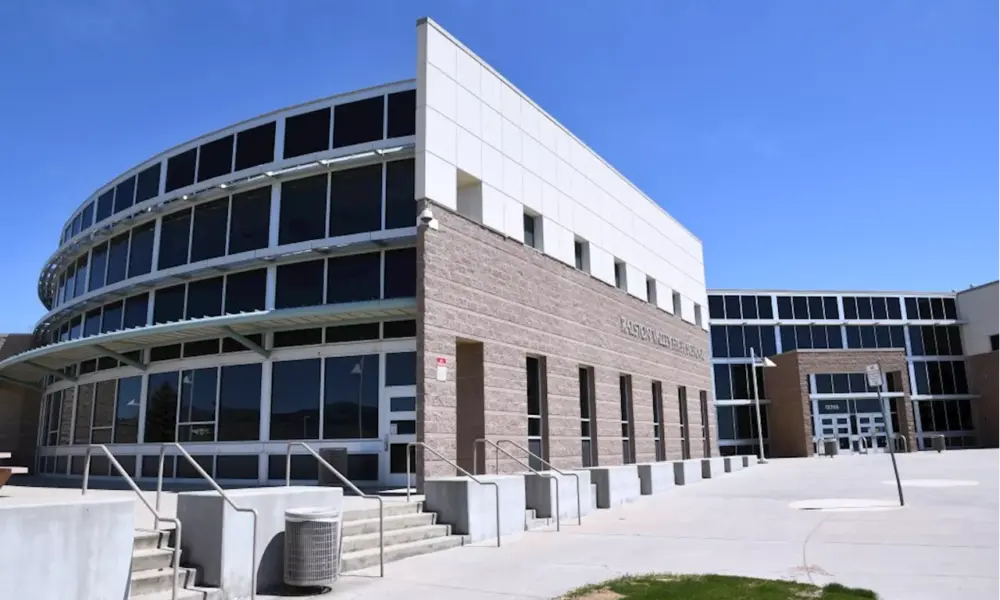UPDATE: The Massachusetts House of Representatives has just approved five crucial educational initiatives with a unanimous vote of 155-0, sending them to the Senate for further deliberation. This decisive action, taken in the week of October 27-31, highlights an urgent commitment to improving financial literacy and educational outcomes for students across the state.
One of the most significant measures approved is the establishment of a Financial Literacy Trust Fund aimed at educating middle- and high-school students about personal finance. This fund will support the development of educational resources and professional training for educators, ensuring that students receive instruction on vital topics such as budgeting, credit management, and long-term financial planning, starting in the 2026 school year.
Rep. Patrick Kearney (D-Scituate) expressed the necessity of this initiative, stating, “Too many young people graduate without understanding how credit, loans or savings work. This bill gives them the foundation to make informed financial decisions that will impact their entire lives.”
Additionally, the House passed a bill to facilitate the awarding of a State Seal of Biliteracy to students demonstrating proficiency in English and another language. The revised criteria will allow more bilingual students to receive this important designation, which can enhance their prospects for college admissions and employment opportunities. Rep. Jack Lewis (D-Framingham) emphasized the need for inclusivity, noting that current regulations unintentionally excluded some students.
Another critical bill focuses on enhancing teacher preparation and student literacy in early education. The approved legislation mandates the Department of Elementary and Secondary Education (DESE) to identify high-quality literacy curricula for grades K-3, ensuring that all students have access to effective reading instruction. Rep. Danillo Sena (D-Acton) passionately stated, “Literacy is not just an academic skill — it is a life skill. This bill ensures that our students learn through evidence-based and high-quality strategies.”
The House also took action to study the education workforce concerning reading and literacy development. This amendment requires collaboration among various educational associations to provide recommendations on staffing for literacy programs.
Moreover, an amendment was approved requiring school districts to report on the number of staff directly supporting student literacy, aiming to increase transparency and accountability in education.
As these educational reforms move to the Senate, the implications for Massachusetts students are substantial. With a focus on financial literacy and enhanced reading skills, the state is taking significant steps to equip its youth with essential knowledge for their futures.
The urgency of these measures is underscored by the recent findings that fewer than half of Massachusetts third graders are reading at grade level. Rep. Alice Pesich (D-Wellesley) highlighted the long-term risks associated with poor literacy, stressing that students who struggle with reading often face limited opportunities later in life.
The House’s legislative action comes amid a backdrop of ongoing discussions about the federal government shutdown and its potential impacts on local programs. Lawmakers are calling for immediate action to safeguard vital funding, including programs that support educational initiatives.
As the Senate prepares to review these bills, the spotlight is on how these reforms will shape the educational landscape in Massachusetts. Stakeholders and advocates are encouraged to monitor developments closely, as these proposals hold the promise of transforming the educational experience for countless students across the state.
Stay tuned for updates as the situation unfolds and the Senate votes on these pivotal measures.







